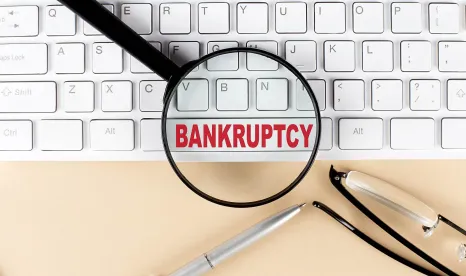With rising interest rates, one strategy a debtor can pursue as part of a reorganization is to reinstate a defaulted loan that has a below market rate. As the bankruptcy court for the Southern District of New York recently ruled in In re Golden Seahorse LLC, however, to do so, the Bankruptcy Code requires the debtor to pay default interest to the extent provided by its loan documents and permitted by non-bankruptcy law.
The debtor in Golden Seahorse owns and operates a Holiday Inn in downtown Manhattan. After the hotel closed during the COVID-19 pandemic, the debtor was unable to service its debts. The debtor’s lenders declared a default on their $137 million loan, accelerated the indebtedness, and began to charge default interest. As part of its Chapter 11 plan, the debtor proposed to reinstate and de-accelerate the loan and treat it as unimpaired without paying approximately $20 million in accrued default interest and other charges. The court held, however, that this proposal did not comply with the Bankruptcy Code.
The court’s analysis focused on three Code provisions — sections 1123(d), 1124(a)(2)(A), and 365(b)(2)(D). Section 1123 mandates that if a plan proposes to cure a default, the cure amount must be determined by the underlying agreement and applicable non-bankruptcy law. Section 1124(a)(2)(A) provides that creditors are impaired under a plan unless the debtor’s defaults are cured, or those defaults are excused pursuant to section 365(b)(2). Finally, section 365(b)(2)(D) excuses any obligation to satisfy a penalty rate arising from a debtor’s failure to perform non-monetary obligations under an executory contract or unexpired lease.
In examining the interplay between those provisions, the court reached three principal conclusions. First, section 365(b)(2)(D) creates a statutory carve-out to the cure mandate in section 1123(d). Second, due to its incorporation in section 1124(a)(2)(A), the cure carve-out applies to a broader range of agreements than just executory contracts and unexpired leases — in particular, it applies to loan agreements. Third, the cure carve-out applies only to penalty rates triggered by non-monetary breaches. As a result, when a debtor’s default arises from a monetary breach (i.e., failure to pay principal and interest), the debtor must pay default interest if required by its loan agreement and allowed by non-bankruptcy law.
Golden Seahorse potentially strengthens lenders’ leverage in plan negotiations. Debtors, meanwhile, should consider and factor in the additional costs of paying default interest and other charges as part of their bankruptcy and financial planning.


 />i
/>i

